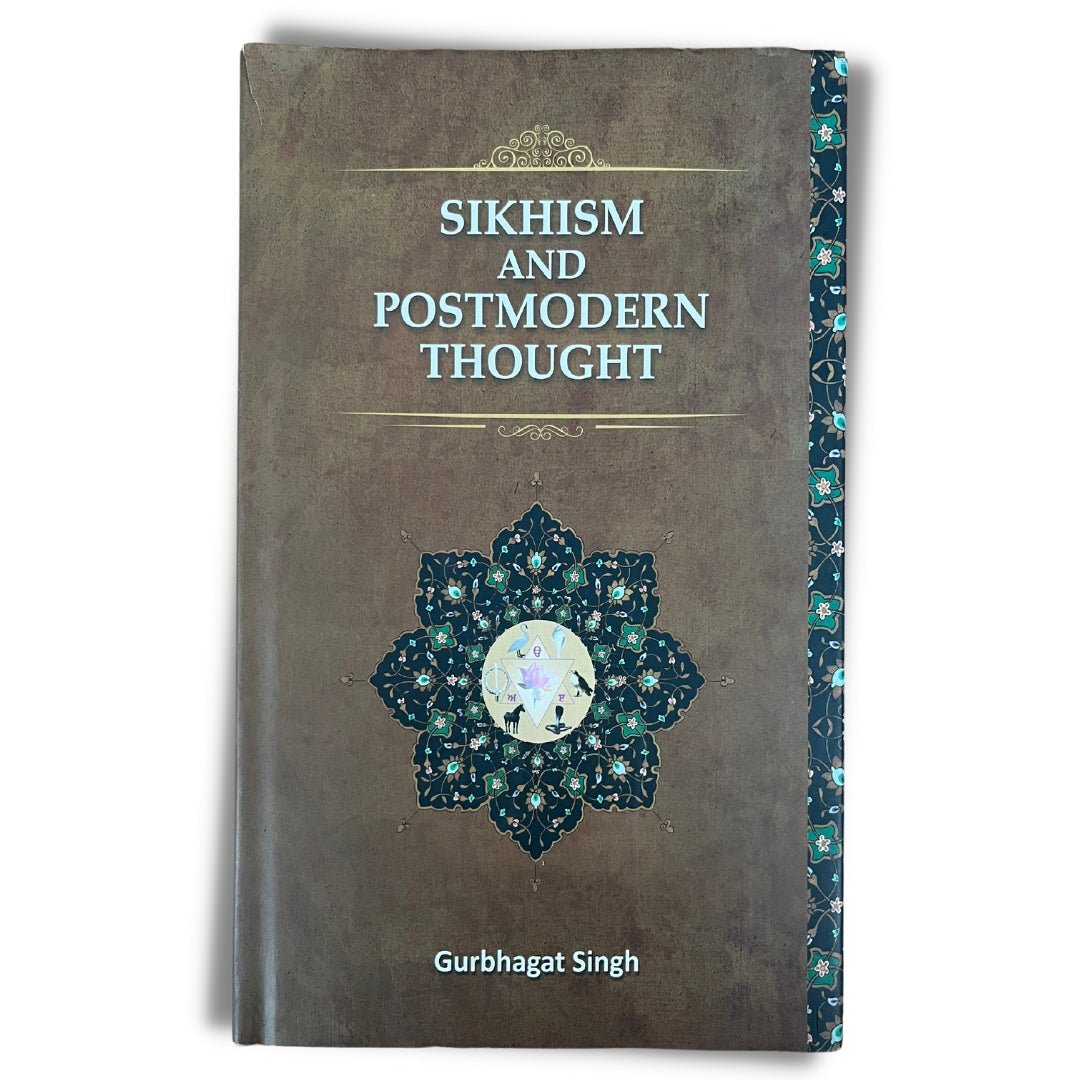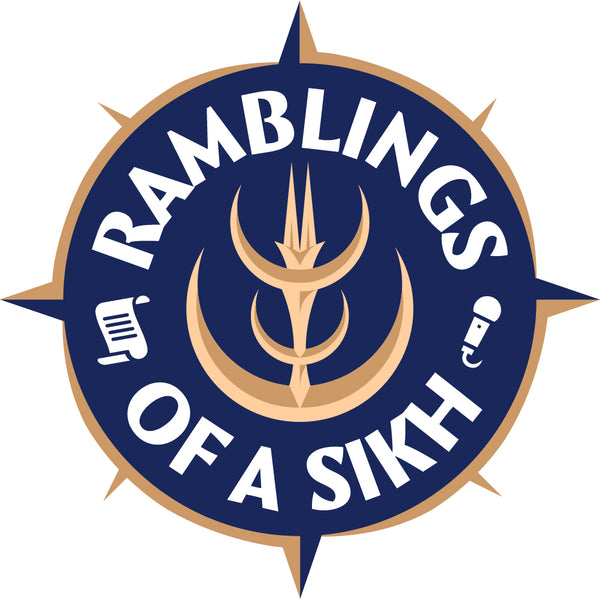1
/
of
1
Low stock: 2 left
Sikhism and Postmodern Thought by Gurbhagat Singh
Sikhism and Postmodern Thought by Gurbhagat Singh
Regular price
£12.00 GBP
Regular price
£15.00 GBP
Sale price
£12.00 GBP
Unit price
/
per
Taxes Included. For international orders, any additional duties or customs fees upon delivery are the responsibility of the purchaser.
Shipping calculated at checkout.
No reviews
Couldn't load pickup availability
Synopsis
Synopsis
This book explores the link between Sikhism and postmodernism. Both, attack all kinds of determinism and totalitarianism. While postmodern thinkers like Bataille, Foucault, Derrida, Lyotard, Deleuze, Guattari, Boudieu, Rorty, Geertz, Irigaray have, through their works, attacked the epistemic rationalist enterprise of the West that eliminates the difference of the Other/Subject. The main challenge before the postmodernism was to liberate the subject and the human beings from all types of Oedipal. The Sikh Gurus, although their texts were written in a different period in which the sultan/emperor was the central governing figure, evolved the concept of Sahaja to liberate the individuals from the Oedipal or the despotic ruler. To counter the territorializing strategies of then dominant classes, the Gurus established a God who is creative, libidinal and wonderous, is not a rational sign. The Gurus’ collective effort was not only transforming individual psyche, but transforming a cultural psyche from repression to celebrative of other’s difference. For this the Guru used multiple strategies. This work traces the central themes of postmodernism and Sikhism: liberation of humankind and living in co-existential/sahaja of others difference.
Genre
Genre
- Sikh Philosophy
Language
Language
ENG- English
Cover Type
Cover Type
- Hardcover


